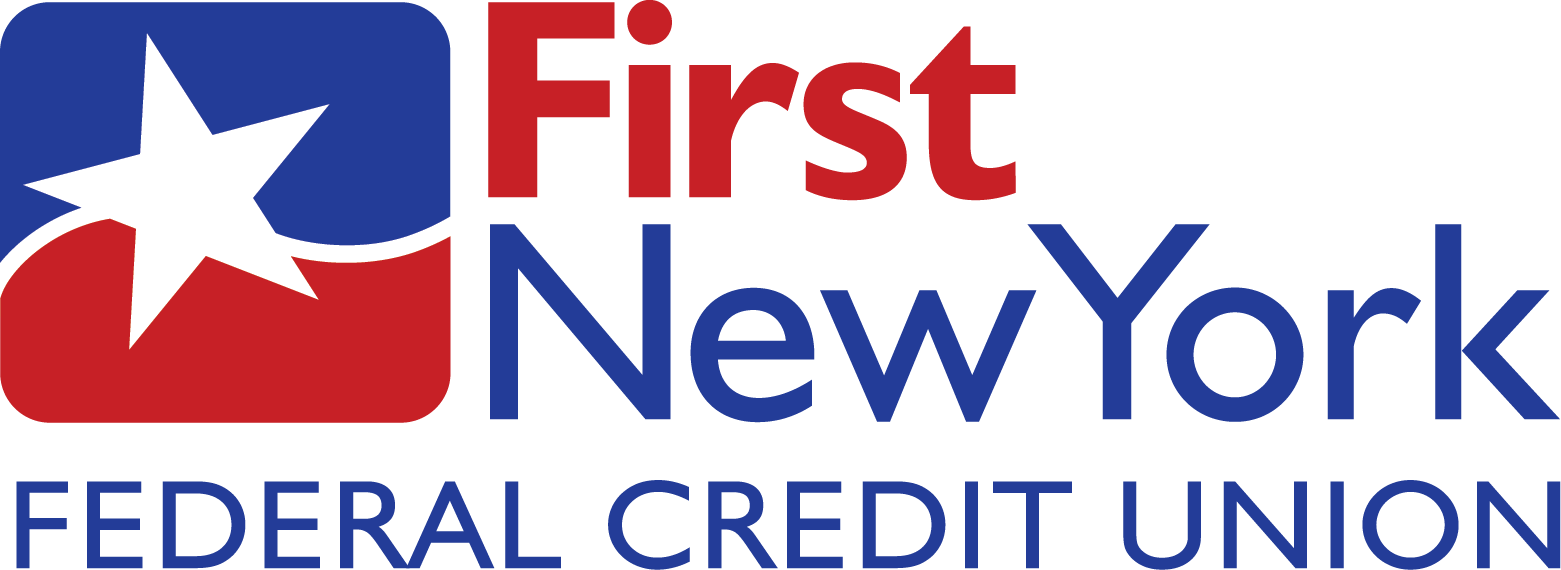
Safety First: Your 7-Step Game Plan against Account Compromises
Written By: Michelle Maneri, First New York’s Contact Center Manager
Having a game plan is a great way to set yourself up for success. It can help you reduce stress and avoid common pitfalls that you didn’t plan for. But, did you also know that a game plan can assist you in terms of account compromises?
Yes, it’s true! My name is Michelle Maneri, and I’m First New York Federal Credit Union’s (FCU) Contact Center Manager. I help members deal with scams, fraud, and account compromises. Through my experience, I’ve put together the following seven steps, so you can start to secure your accounts and take the necessary precautions to protect yourself from data breaches and phishing scams.
Let’s put together your seven-step account compromise game plan now!
How Can I Protect Myself Being Compromised
Throughout this article, I’ve sprinkled some tips for you to do in order to avoid the three most common ways individual accounts get compromised. The biggest thing I hope you walk away from this article with is to have a game plan.
Think about it. Professional sports teams don’t walk onto the field without having set plays. Actors don’t walk on stage without reading the script first.
The same thing applies to protecting yourself and your accounts.
It’s essential that you know where all of your information is being held online and what accounts you have set up. From there, you can look at and purchase a password manager.
This way you can get all of your passwords organized and in one place. This will make updating them every six months easier. Plus, you can identify what passwords are weak and need to be upgraded.
Next, you’re going to want to enroll in two-factor authentication or multi-factor authentication to make it harder to get into your account. While you’re in your account, also enable email, call, or text notifications in case of a breach. Lastly, make sure you know who to contact in case one of these accounts gets compromised. Having an idea of what support team to contact and how they can assist you will put a lot of your fears at bay.
So, remember to take these steps to build an organized game plan:
1. Take an audit of all of your online and offline accounts
2. Set up a password manager or find a safe place to store all of your passwords
3. Get all of your passwords organized
4. Audit and change your passwords every six months
5. Enabling multi-factor authentication or two-factor authentication
6. Set up notifications in case of a compromised account
7. Know who to contact for account recovery
If you still want to learn more about account compromises, I suggest you read the three most common account compromise scenarios. You can learn how account compromises happen and how to avoid them.
Explore Our Learning Center for More Cyber Security Resources
If you’re interested in cyber security and how to safeguard your accounts, we have plenty of resources available to you in our Learning Center. From “How Does Identity Theft Happen: 4 Common Scenarios” to “Identity Theft vs. Account Compromise: What’s the Difference,” you have so many great options to choose from! I highly recommend taking a look and familiarizing yourself with them for extra tips and tricks.
Get Help from a Team that Cares!
It can be overwhelming and stressful to think of your account being compromised. Yet, there are people who are on your side that want to help you in case of these situations. First New York FCU’s Member Service Specialists are some of those people.
If you need help, contact us or call (518) 393-1326 or toll-free at 800-734-7375, and press 2 to speak with a Member Service Specialist. The Contact Center is available Monday-Friday from 7 a.m. until 6 p.m. and on Saturday from 9 a.m. until 1 p.m.


No Comments